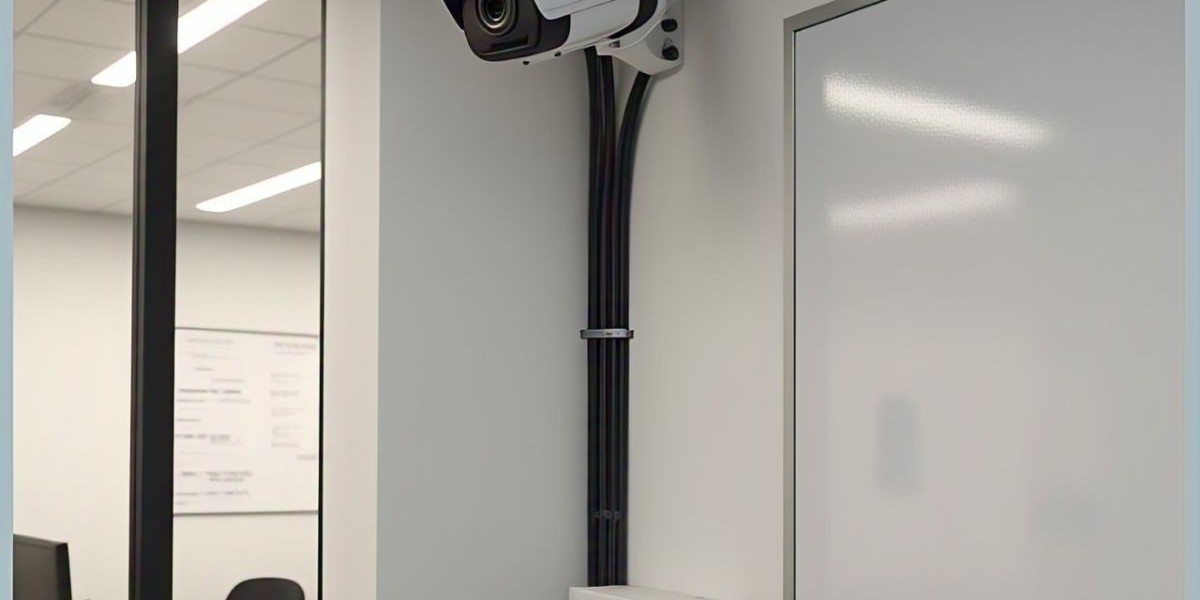Can CCTV Cameras Work Without Internet? Find Out How
Security is essential in today’s world, but what if you don’t have an internet connection? Many people assume that CCTV systems require Wi-Fi or broadband to function. The truth is, CCTV cameras can absolutely work without internet, depending on the type of system you use. Whether you're installing cameras in remote areas, construction sites, or simply prefer offline systems for privacy reasons, there are reliable solutions out there. This guide explains how CCTV works offline, the types of systems available, and what features you might miss without an internet connection. Plus, we’ll explore smart camera recommendations and ways to record and access footage locally. Let's dive in.
Understanding CCTV Basics Without Internet
CCTV, or closed-circuit television, is a system where video signals are not publicly distributed but are monitored and recorded for security purposes. When connected to the internet, cameras can send footage to cloud storage or let you view the feed remotely. However, even without an internet connection, cameras can still record and store footage locally on hard drives or SD cards. In such setups, you can access recordings on-site or via direct connection to a monitor. Offline systems are especially helpful in areas with unstable or no internet, providing uninterrupted surveillance regardless of connectivity.
Do IP Cameras Need Wi-Fi to Operate?
Internet Protocol (IP) cameras are popular because they offer high-resolution video and smart features. But contrary to popular belief, IP cameras don’t require Wi-Fi to function. Many models support Power over Ethernet (PoE), which allows video transmission and power supply over a single cable. This makes them ideal for wired security systems in places without Wi-Fi. If you don’t need remote access, your IP camera can record to an NVR (Network Video Recorder) and still operate efficiently. You can check out options like the advanced bullet-style Dahua camera that provides excellent footage without relying on cloud services.
Types of CCTV That Work Offline
Some CCTV cameras are better suited for offline operation than others. Here's a breakdown:
Analog Cameras: Connect directly to DVRs for local recording.
IP Cameras with NVR: Great for high-res footage with no internet needed.
Cameras with SD Storage: Ideal for recording without additional hardware.
Battery-Powered Cameras: Can work off-grid and often store video on internal memory or SD cards.
Offline systems offer greater control and privacy, especially when you're concerned about network hacking or data breaches.
How Do Cameras Record Without Internet?
CCTV cameras record directly to storage devices like:
Digital Video Recorders (DVRs)
Network Video Recorders (NVRs)
MicroSD Cards inside the camera
You’ll need to connect the camera to a monitor or NVR/DVR to access the footage. While you can’t view the live stream remotely, local viewing is possible via HDMI or VGA. This makes the system reliable for places like cabins, warehouses, or farms with limited connectivity.
Features You Lose Without Internet
While CCTV works without internet, you do lose some conveniences:
No remote viewing on your phone or PC
No push notifications for motion detection
No automatic cloud backup
Firmware updates must be done manually
However, for many users, especially those prioritizing local-only surveillance, these trade-offs are acceptable.
Best Use Cases for Offline CCTV
Offline systems are ideal for:
Construction sites
Farms and remote land
Vacation homes
Warehouses
Government facilities where security is sensitive
In these scenarios, recording locally and retrieving footage on-site is more than enough. The lack of internet becomes a feature, not a flaw.
How to Set Up CCTV Without Internet
To install an offline CCTV system:
Choose your camera type (IP with NVR or analog with DVR).
Mount the camera in your desired location.
Connect the camera to your recording device.
Plug into a monitor or local storage.
Test to ensure footage is being saved.








